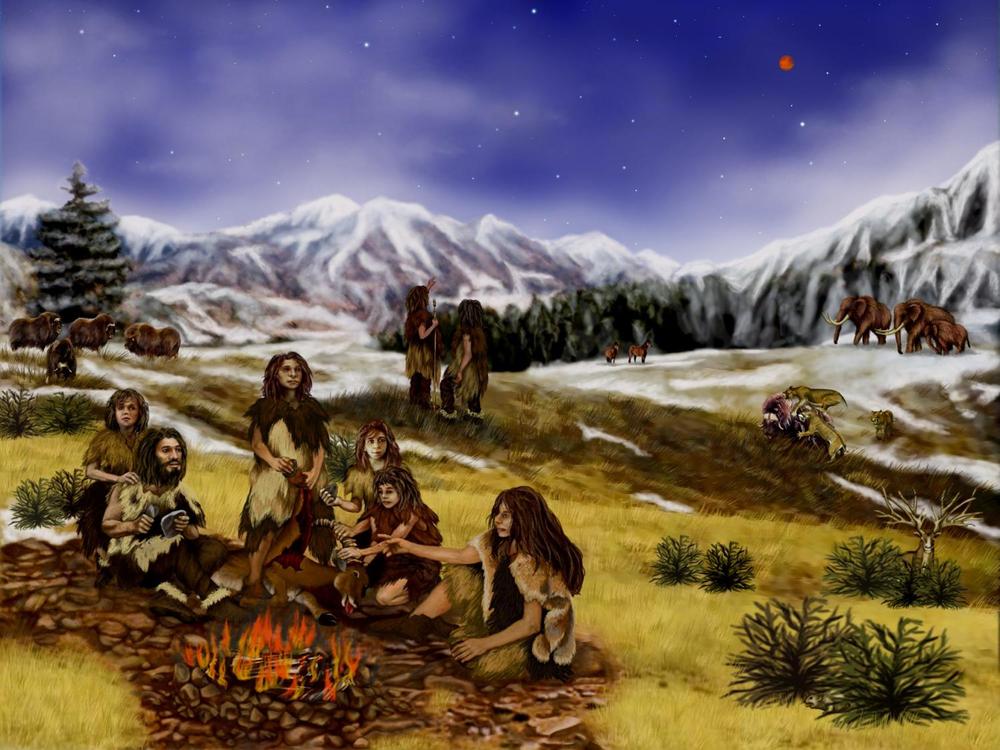For three years, anthropologist Alan Rogers has attempted to solve an evolutionary puzzle. His research untangles millions of years of human evolution by analyzing DNA strands from ancient human species known as hominins. Like many evolutionary geneticists, Rogers compares hominin genomes looking for genetic patterns such as mutations and shared genes. He develops statistical methods that infer the history of ancient human populations.
In 2017, Rogers led a study which found that two lineages of ancient humans, Neanderthals and Denisovans, separated much earlier than previously thought and proposed a bottleneck population size. It caused some controversy—anthropologists Mafessoni and Prüfer argued that their method for analyzing the DNA produced different results. Rogers agreed, but realized that neither method explained the genetic data very well.
“Both of our methods under discussion were missing something, but what?” asked Rogers, professor of anthropology at the University of Utah.
